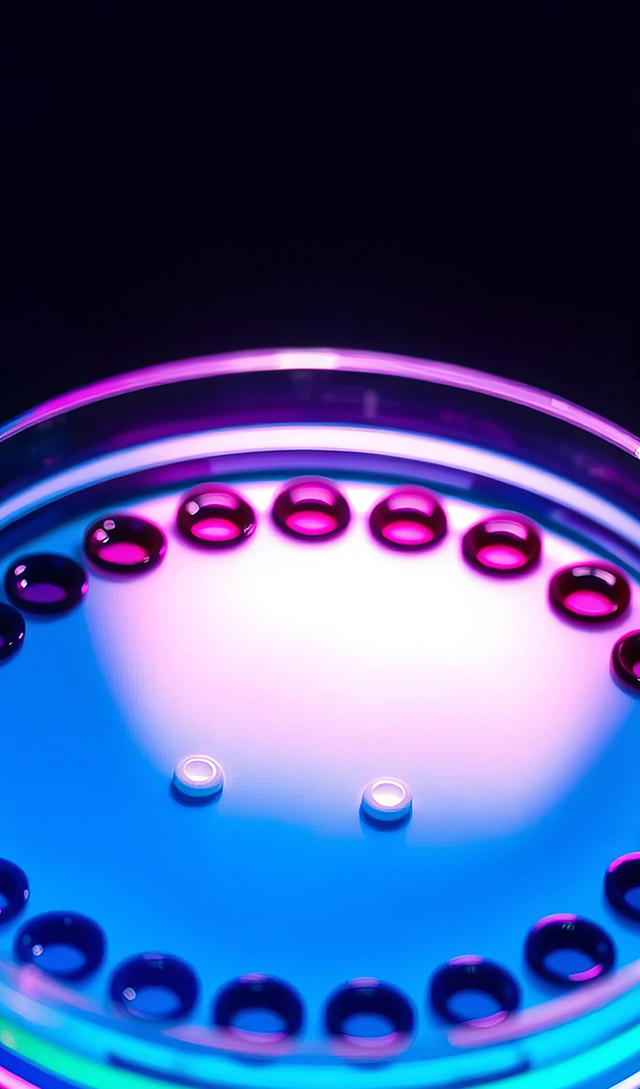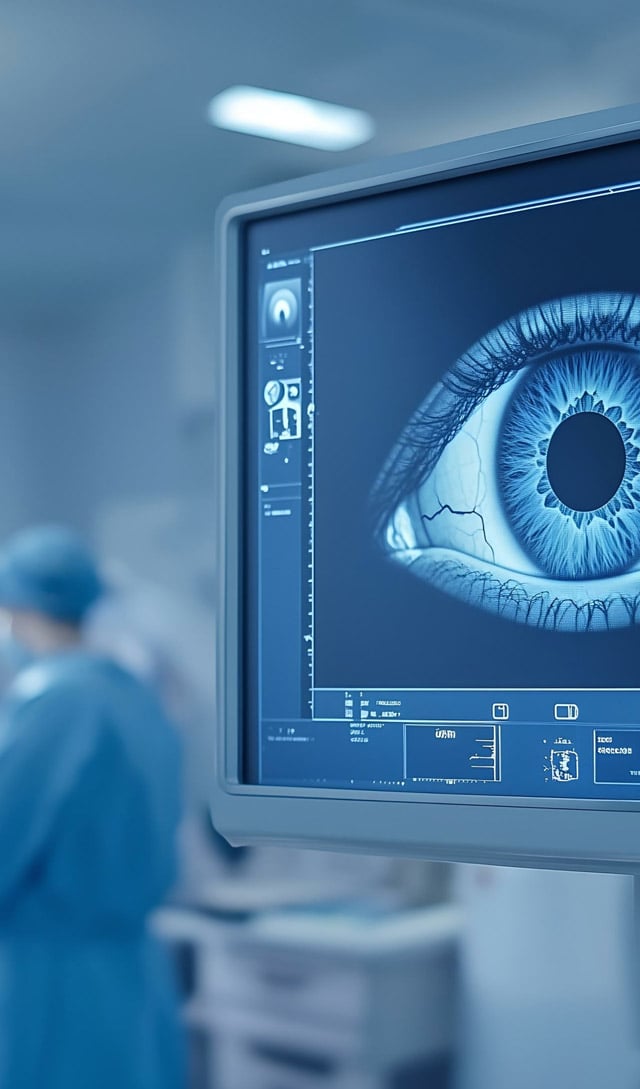Veranex: The Innovation CRO That Accelerates What’s Next
As the industry’s first Innovation CRO, Veranex unites design, preclinical, clinical, regulatory, and market access under one roof to accelerate your next‑gen devices.
![]()
Veranex: The Integrated, Patient-Centric Innovation CRO
Traditional CROs and boutique vendors fragment device and diagnostic development with multiple hand-offs, blind spots, and learning curves thereby increasing the likelihood for costly delays and missed goals.
Veranex unites product design, engineering, manufacturing, preclinical, clinical, regulatory, quality and market-access expertise under one Innovation CRO (iCRO) roof. Every decision is informed and connected with cross-disciplinary experts. The result: proven speed and delivery, crystal-clear accountability, innovative next-generation devices and diagnostics that produce life-changing patient benefits at a global scale.

Programs Accelerated

Global Clients

Cross-Disciplinary Experts

International Hubs
Innovation & Research Capabilities
Comprehensive, Connected, Aligned
Whether your innovation begins with a sketch, clinical research, or regulatory hurdles already in progress, Veranex meets you exactly where you are. Our Innovation CRO (iCRO) model connects cross-disciplinary teams to immediately amplifying clarity, speed, and strategic alignment. Hover or tap the cards below to see how our integrated approach ensures every step forward, from concept through commercialization, is optimized to accelerate your path to meaningful patient impact.
Veranex Insights
Insights That Keep You Ahead of the Curve
Fresh takes on regulatory shifts, clinical trial design, and market-access economics—straight from the experts building tomorrow's devices.
6 min read
Exposed! How Histopathology Reveals Critical GLP Study Failures
Kirsten Landsgaard, BVMS, MRCVS, MS, DACVP:

Cardiovascular
As a recognized leader, we accelerate cardiovascular innovation with integrated expertise from concept through commercialization.

Neurovascular
Collaboration across disciplines ensures neurological devices rapidly navigate from design breakthroughs to regulatory approval.

In-Vitro Diagnostics
Collaboration across disciplines ensures neurovascular devices rapidly navigate from design breakthroughs to regulatory approval.

Ophthalmology
Cross-functional teams optimize ophthalmic device design, clinical trials, and regulatory strategy, delivering clearer vision to market sooner.
Powering Next-Gen MedTech with Global Talent and Unified Purpose
From Raleigh to London to Bangalore, our people share a singular mission: accelerate life-improving innovation. We foster inclusive teams, continuous learning, and community outreach programs that turn passion into measurable impact. Join us—because when every voice is heard, patient outcomes soar.

Turn your Vision to Velocity with Veranex
Ready to Ignite Your Next Breakthrough? Pair your visionary science with an Innovation CRO built to deliver user and patient-centric solutions—on time, on budget, on target.






